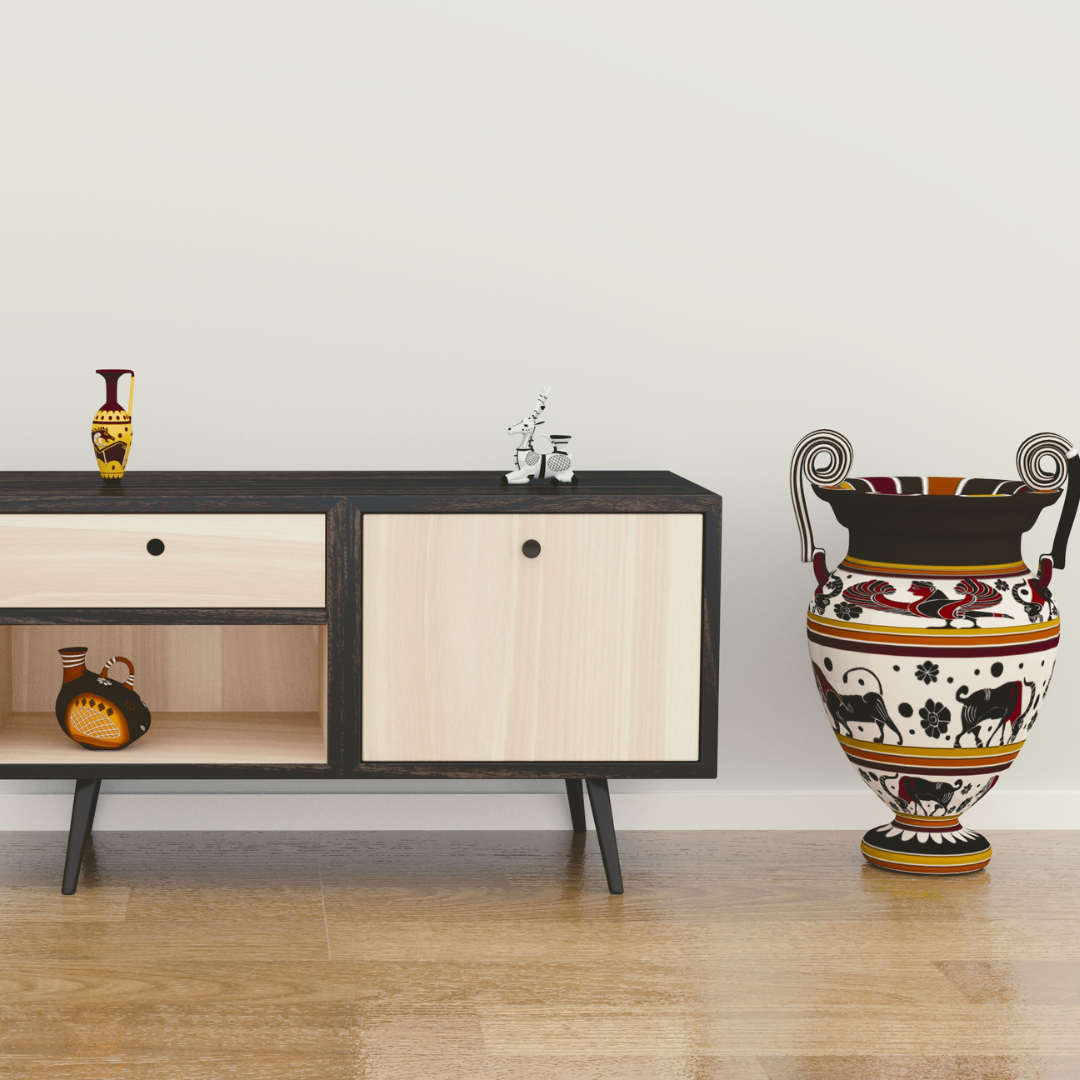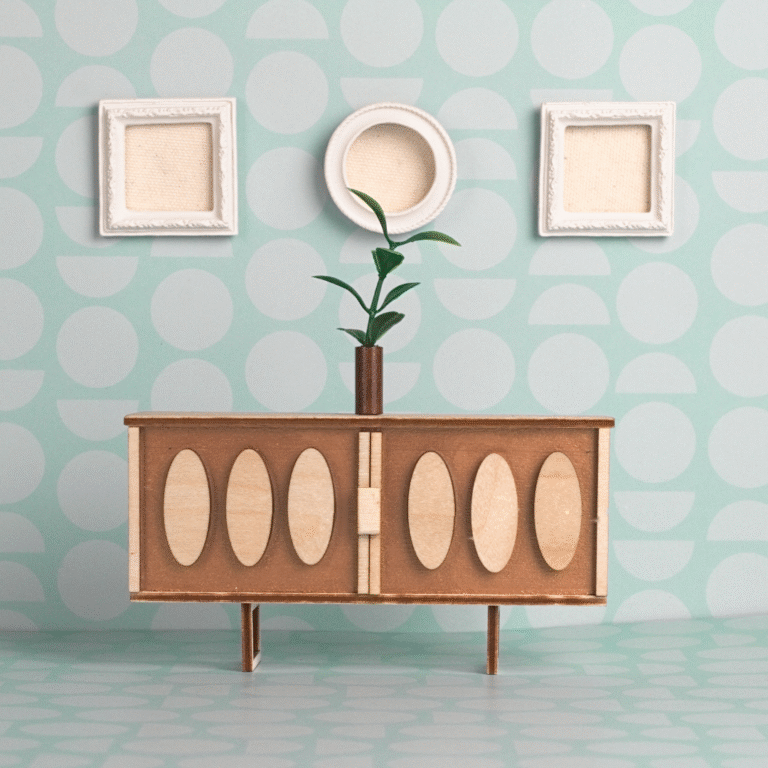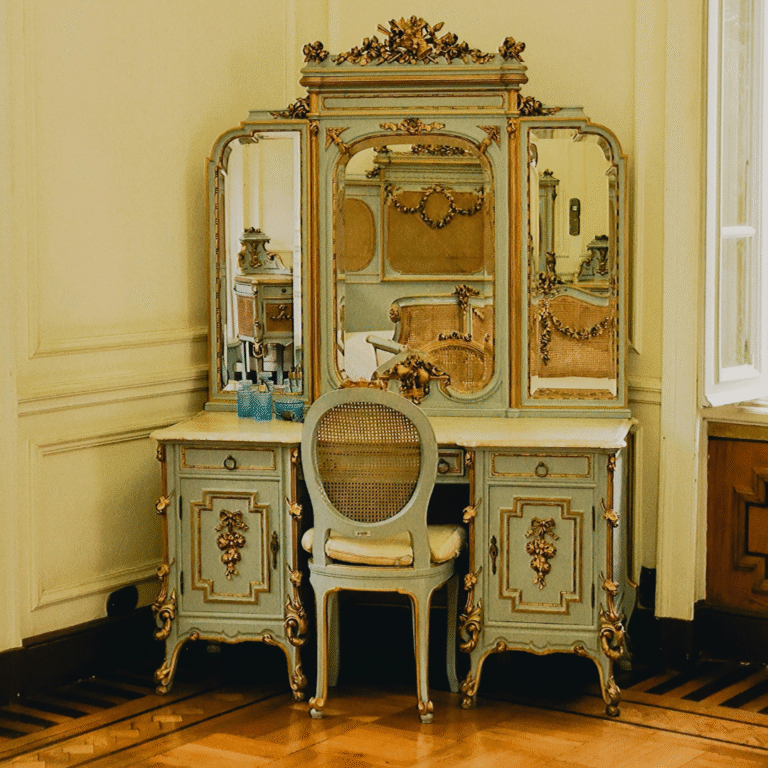Donec efficitur, ligula ut lacinia
viverra, lorem lacus.

The Emotional Side of Parting with Inherited Furniture
Parting with inherited furniture can evoke a complex mix of emotions, blending nostalgia with practicality. Many find that these items are not just objects; they carry memories and stories that span generations. Acknowledging these emotions is crucial for navigating the often difficult decision of whether to keep or let go of such significant pieces.
As individuals consider the implications of parting with heirlooms, they may grapple with feelings of guilt, loss, or a sense of duty to preserve family history. Understanding this emotional landscape can help them approach the situation with clarity and compassion. Each piece of furniture often represents more than just its physical presence; it embodies the bonds shared with loved ones who have passed.
Ultimately, the process of sorting through inherited furnishings can be a valuable opportunity for reflection and healing. By honouring the memories tied to these items, individuals can make informed choices that resonate with their current lives while respecting their heritage.
Understanding the Emotional Impact of Inherited Furniture
Inherited furniture often carries deep emotional significance, shaping individual memories and connections to past relationships. The complexities of parting with such items can evoke strong feelings ranging from nostalgia to grief.
Exploring Sentimental Value
Inherited furniture frequently embodies unique memories associated with loved ones. Each piece can represent family history, holding stories of shared experiences. For instance, a grandfather’s armchair may recall countless evenings spent together, fostering a sense of comfort and warmth.
This sentimental value makes decisions about whether to keep or let go of such items particularly challenging. Many individuals find themselves torn between honouring their family’s legacy and their own preferences for a modern living space.
Navigating Grief and Memories
Parting with inherited furniture can trigger feelings of grief, as it often symbolises the loss of a loved one. Each piece may be intertwined with significant moments, making it hard to relinquish even when space or practicality dictates the need to do so.
Emotional responses can vary widely. Some may feel guilt for wanting to sell or discard items, while others may find solace in the memories tied to them. This complex emotional landscape requires careful consideration and self-reflection during the decision-making process.
The Role of Emotional Connection
The emotional connection to inherited furniture is profound. Such items often serve as tangible links to family heritage and personal identity. They can encapsulate cherished values, traditions, and lessons passed down through generations.
When faced with the decision to keep or relinquish these items, individuals must weigh their emotional significance against practical considerations. Understanding this connection can guide decisions, allowing one to find peace with their choices and honour the past while embracing the present.
Common Challenges in Letting Go
Parting with inherited furniture often invokes feelings of guilt and responsibility. Many individuals also struggle to balance their possessions with the need to minimise clutter, which complicates the process of letting go.
Dealing With Guilt and Responsibility
Letting go of inherited furniture can trigger intense guilt. Individuals often feel they are dishonouring the memory of a loved one by parting with items that hold significance. This sense of obligation can prevent them from making clear decisions about what to keep and what to discard.
They may also grapple with the fear of disappointing family members. If there are multiple heirs, conflict may arise about who should retain certain pieces. This complicates the emotional landscape, as each person may have their own attachment to the furniture.
Addressing these feelings can involve open communication within the family. Sharing emotional ties can help individuals make more informed decisions, reducing guilt and encouraging a healthier approach to parting with possessions.
Balancing Possessions and Clutter
The challenge of finding a balance between cherished items and overwhelming clutter often emerges. Individuals may initially resist letting go of furniture due to its sentimental value. They may hold onto items because they feel a deep connection to their past.
However, retaining too many possessions can lead to a cluttered environment. Clutter can hinder daily living, creating emotional distress. The weight of excess belongings can overshadow the positive memories associated with individual pieces.
To manage clutter effectively, prioritising which items provide true value is essential. Making a list of items that hold significant meaning can help refine choices. This strategy allows individuals to preserve memories while creating a more manageable living space.
Making the Decision to Part With Inherited Furniture
Deciding to part with inherited furniture involves careful consideration of various factors. Key aspects include evaluating available storage space, financial implications, and family dynamics.
Assessing Storage Space
Before making any decisions, it is crucial to assess available storage space. Limited room can create challenges when deciding what to keep. If inherited pieces are cluttering living areas or limited storage, it may be time to consider parting with them.
Evaluating options also involves determining how much furniture can fit within the home without causing disruption. Utilising storage solutions, such as renting a unit or repurposing existing furniture, can help in managing space.
If a piece holds significant sentimental value but lacks space, exploring temporary solutions may be beneficial until a suitable arrangement can be found.
Considering Financial Stability
Financial stability plays a significant role in the decision to keep or part with inherited furniture. Maintaining older, valuable pieces can require unexpected expenses for repairs or upkeep.
Examining the long-term financial implications of keeping inherited items helps clarify priorities. If the cost of maintaining furniture outweighs its sentimental value, it may be practical to sell it.
Additionally, proceeds from selling inherited furniture can contribute to current financial needs or family goals, providing tangible benefits to those involved. A clear financial picture allows for informed decisions regarding the furniture’s future.
Involving Adult Children and Grandchildren
Involving family members in the decision process is essential when deciding on inherited furniture. Adult children and grandchildren may have their own emotional attachments or preferences regarding specific pieces.
Engaging in discussions allows families to express their views and share memories associated with the furniture. This can lead to a more harmonious decision-making process.
Families can organise a gathering where each member can share stories about favourite pieces, helping to facilitate decisions about what to keep or sell. This collaborative approach ensures that emotions are considered and appreciated during the decision to part with inherited furniture.
Practical Strategies and Support for Moving On
Navigating the emotional landscape of parting with inherited furniture can be challenging. Employing practical strategies and seeking professional support can ease this transition and help individuals move forward.
Seeking Guidance From a Professional Organiser
A professional organiser can provide invaluable assistance in managing inherited items. They have expertise in decluttering and can offer tailored strategies to facilitate the process.
Such experts can help identify which pieces to keep, donate, or sell, ensuring the decision-making process feels less overwhelming. They can also assist in creating a plan that aligns with the individual’s emotional needs, helping them to process feelings associated with each item.
Working with a professional can also introduce new perspectives on the items’ value. This guidance may lead to a more positive emotional experience as individuals realise they can honour their memories without feeling burdened by physical possessions.
Implementing Security Measures
When dealing with inherited furniture, security measures are crucial to protect valuable items. This includes both physical security and emotional protection.
For high-value items, consider investing in specialised insurance. This ensures that cherished possessions are covered against theft, damage, or loss. It may also be wise to document the inventory of items, including photographs and appraisals.
Emotionally, setting clear boundaries can help in the decision-making process. Individuals should assess which pieces truly hold meaning and let go of items that don’t serve their current lifestyle. This can help in safeguarding emotional well-being during the transition.
Overall, these measures not only secure the items but also foster a sense of control during a potentially emotional time.



